日本語バージョン
[Welcome to the EL game series. These posts are all short introductions to games you can play in the EL. Because learning to play games in English can take a long time, some posts will explain how to play simple versions of games. Other posts tell you why you should use games to practice English. You can also use the tags to find other posts you might be interested in.]
_______
When you choose a game in English, try to pick the right kind of game for you. Here are some ways to think of game types:
Word games (1) – Some games, like Scrabble, are all about YOU making lots of words yourself. This is difficult for native speakers, so I do NOT recommend playing with the official rules.
Word games (2) – Some games, like Apples to Apples and Last Word, have lots of cards with lots of words on them. Native speakers know all of the words, and the game for them is about being creative and tricky with their definitions. YOU should use these games to learn new words. I recommend playing with a dictionary, and sharing what you learn with everyone in the group.
Simple card games – Simple card games, like Uno and Sushi Go!, can be learned quickly. These are good games to practice “self-narration” (which I will explain in a later post). You can focus on playing these games as games, instead of focusing on learning new words or learning how to play the game.
Intermediate card/board games – These games, like Pandemic: the Cure or Forbidden Island, will take a while to learn how to play and really understand. These games are also good for “self-narration,” but they also might require “team communication.” That is a lot to learn all at once. If you can, learn to play these games once, then come back to play them again.
Speaking games – Games like RPGs and “social deduction games” can be enjoyed by all levels of language learners. However, instead of following rules, rolling dice, or playing cards, the games require a lot of talking. That means you should be comfortable with talking in your group. You do not need amazing English skills, but you do have to try to talk and listen actively.
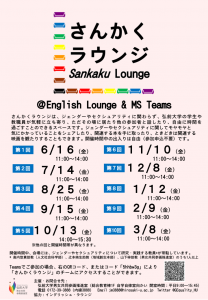

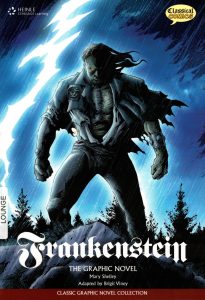
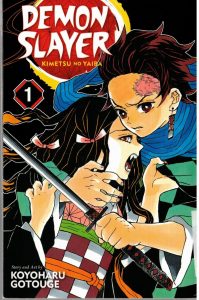

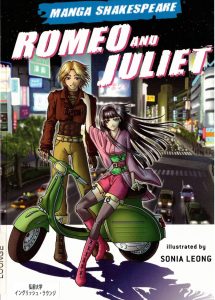
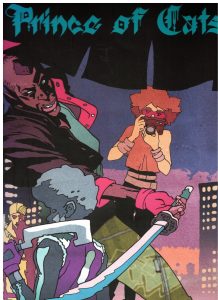
 多様性が求められる時代、世界をリードするグローバル・カンパニーではどのように Team Buildingしてそれぞれの目標達成を図っているのかを具体的な例も交えながらお話しします。
多様性が求められる時代、世界をリードするグローバル・カンパニーではどのように Team Buildingしてそれぞれの目標達成を図っているのかを具体的な例も交えながらお話しします。
